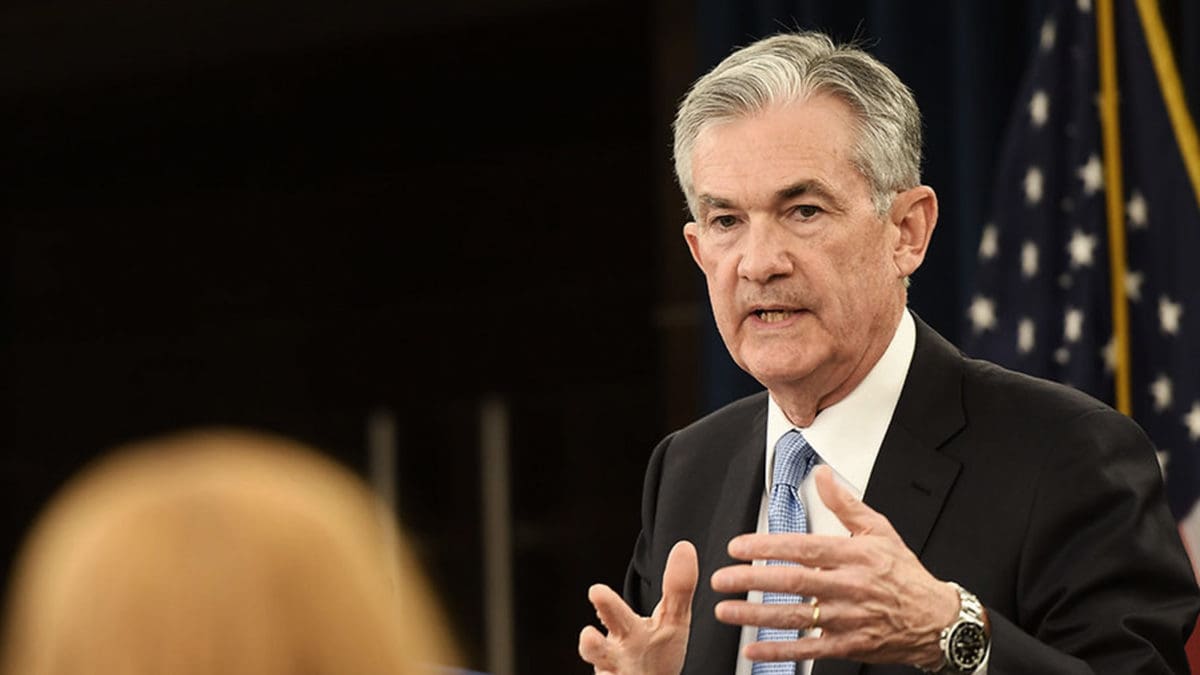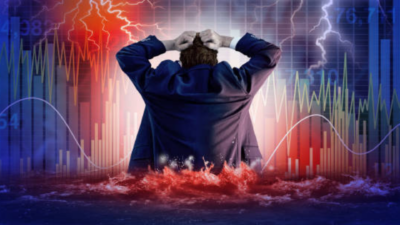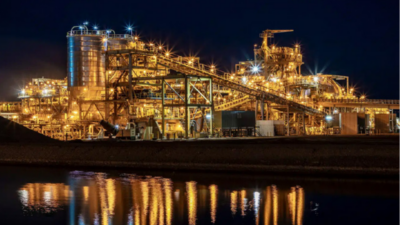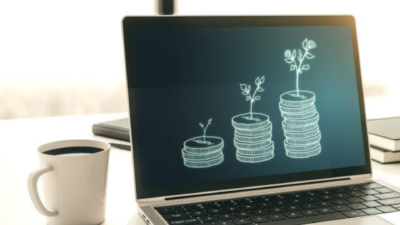The ‘high powered mutants’ are driving the bear rally
It’s fear and loathing season, but equities continue to rally. This is funny to watch, for the simple reason that it gives us an opportunity to imagine the kind of investor partaking in (and driving) such a rally. Surely this must be what Hunter S. Thompson called “a high-powered mutant of some kind never even considered for mass production. Too weird to live, and too rare to die.”
This species of investor is suicidally hoping that the latest upswing will be sustained, and that they will be returned to the beauteous conditions that prevailed just yesterday, like Adam and Eve stepping back into the garden. One can picture them strapping themselves to the sputtering rocket of the bear market rally, grimly uttering those fateful words: this time will be different.
Perhaps they have not yet received the message, relayed breathlessly by central bankers and economists and the financial press, that the party really is over. Not only has the punch been removed (still a curious metaphor, given the lack of punch at parties that anybody would want to go to); nearly everybody else has left, and the host is now tapping their foot and looking towards the door and saying, over and over again, how tired they are, in the forlorn hope that these hangers-on will stumble drunkenly into the early morning darkness and finally let them sleep.
Of course, things are never that simple. There is still no alternative; when the music is playing, we must all dance. And perhaps it is the case, as some veteran investors never cease to smugly remind us, that these young whippersnappers have just never seen a real crisis or bear market before, or have only seen one at such a significant distance that it could well be a trick of the eye, and so don’t know what to do when one finally arrives (not that these veteran investors haven’t also been conditioned by 20 years of falling rates to buy the dip – perish the thought).
It’s also the case that retail investors are still at the table, as they were in the dot com bust, when they were the last to leave – and never returned when they finally did. They’re likely accounting for a lot of dip buying. Cathie Wood’s ARK Invest – which has now given back every basis point of its spectacular gains from last year – continues to receive waterfalls of inflows.
The more sophisticated players are running the highest cash levels seen since the immediate aftermath of 9/11, according to a survey conducted by Bank of America, with 49 per cent of respondents saying they were taking on less risk than usual. Still, one respondent to this publication’s own snap survey laid the blame for the bear rally squarely at the feet of “idiot fund managers.”
The wall of worry that markets must now climb includes the total inability of central banks to do anything to support them on that climb; high inflation that will likely stay higher than is really comfortable; a possible US recession; and the prospect of more war in Ukraine, and elsewhere. When pressed for an explanation as to this mysterious behaviour, one seasoned investor offered a single word: hope.
Sheer weight of belief drove this market to its all-time highs. It seems now that these rallies are being driven by sheer weight of disbelief; disbelief that things could get really bad, really quickly, and stay that way; disbelief that a tech company with zero revenue on a mission to disrupt the indomitable business of global banking could see its share price more than halve in a handful of days; disbelief that the party really is over. And we’ve all been there!
Of course, what is often forgotten in op-eds about the foolhardy nature of this rare species of investor is that somebody, somewhere, will close their eyes and jump back in just as things started getting better, and look like a genius, and for the next five to ten years they’ll be called upon by the press to answer questions they do not know the answer to about the future direction of markets.
There will also be that allegedly cunning investor who knew exactly what they were doing and timed the market perfectly, though that particular species is probably even more rare. Both of these investors will get more inflows than they really know what to do with as a result, and become the index, in a story almost as old as markets themselves, though admittedly a story better explored at another time.
But the fact is that plenty of worse downturns have seen bigger bear rallies, and they’ve never done much to change the overall direction of the market: a slow grind down, or across, but rarely up to the same spectacular degree that we’ve seen in the last two years. It’s also the case that markets move far in advance of the arrival of the really bad news for whichever part of the economy is supposed to underpin those movements – so maybe the worst is over?
Or maybe what we’ve seen these last few weeks truly is the true last gasp. After all, markets can’t keep coming back. Surely not. This time will be different.











